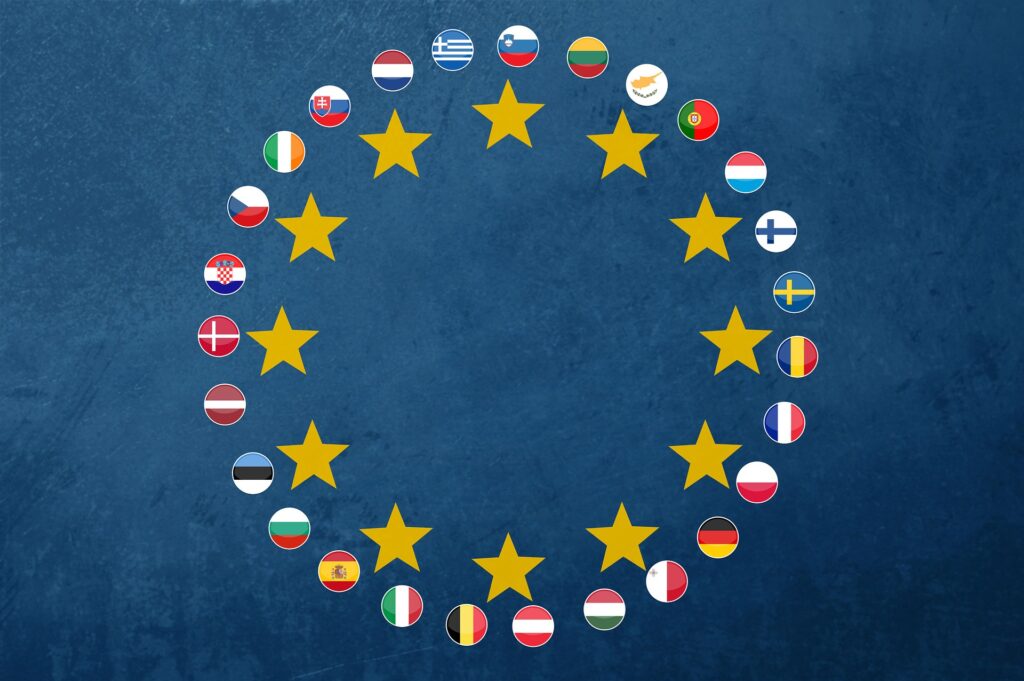Official Blog of the European Competition and Regulatory Law Review (CoRe)
On a weekly basis Phedon Nicolaides posts critical analysis pieces on the latest State aid judgments and decisions on his blog State Aid Uncovered. Each article presents the main points of a court ruling or Commission‘s decision, places them in the context of similar case law or practice, assesses the underlying reasoning, and identifies any inconsistencies or contradictions.
Occasional guest blog posts by other State aid experts complement the State aid knowledge hub.
Join the debate now!
Features ×

Blog Editor
LL.M., PhD, currently legal trainee at the Higher Regional Court of Berlin.


Blog Editor
Assistant Professor of Competition Law and Digital Regulation, Tilburg University
Friso Bostoen is an assistant professor of competition law and digital regulation at Tilburg University. Previously, he was a Max Weber Fellow at the European University Institute. He holds degrees from KU Leuven (PhD, LLM) and Harvard University (LLM). Friso’s research focuses on antitrust enforcement in digital markets. His work has resulted in numerous international publications, presentations, and awards (including the AdC Competition Policy Award 2019 and the Concurrences PhD Award 2022). In addition, Friso edits the CoRe Blog and hosts the Monopoly Attack podcast.
Head of Editorial Department and Data Protection Officer
Responsible for EStAL (European State Aid Law Quarterly), EPPPL (European Public Private Partnership Law Review) and CoRe (European Competition and Regulatory Law Review). Overseeing Lexxion Publisher’s privacy and data protection compliance.

Former Blog Editor
Senior Associate, Motieka & Audzevicius PLP, Vilnius









